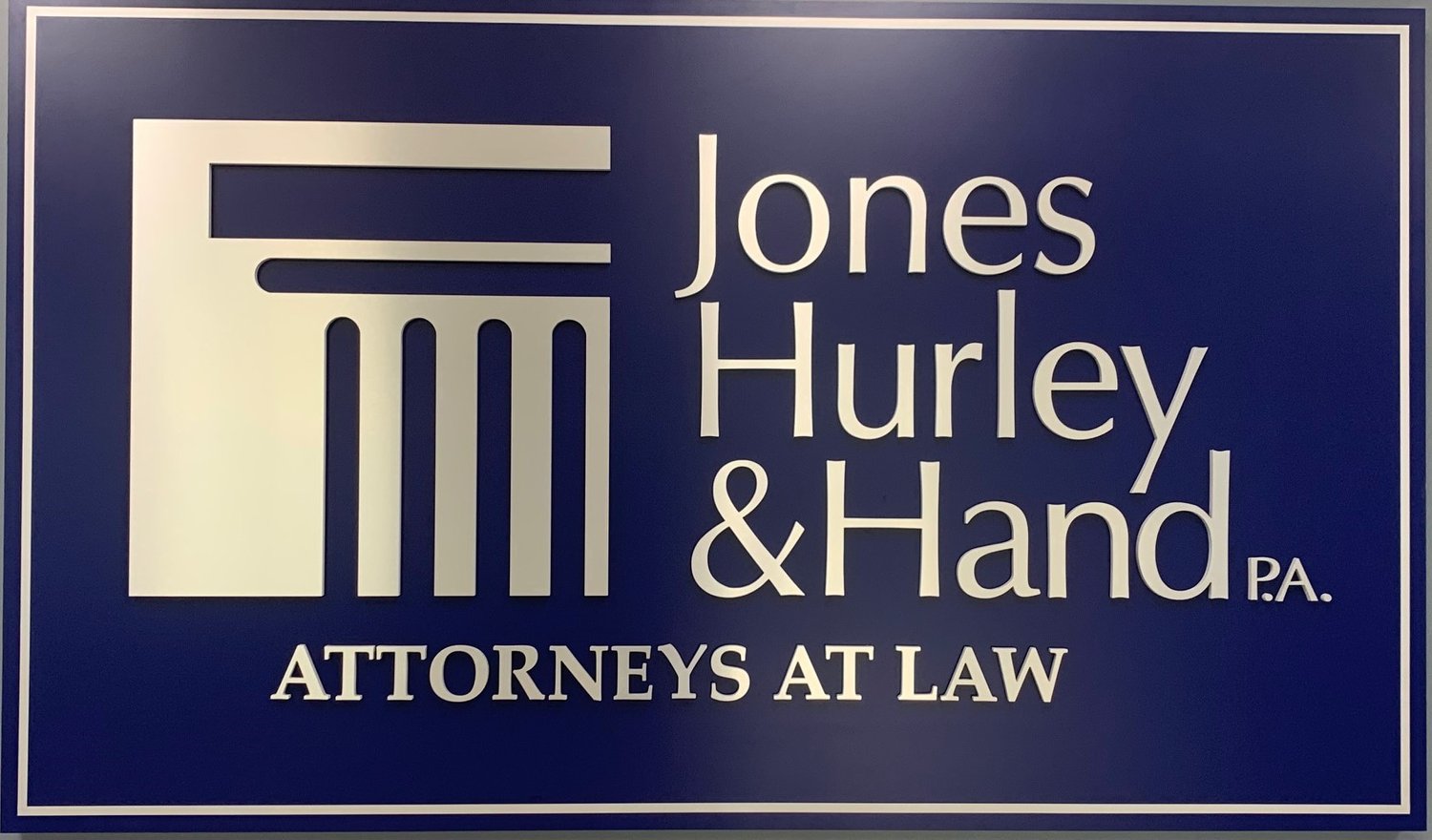"The purpose of a workers' compensation act is not for it to be used as weapon in an economic civil war. Its purpose is to provide adequate compensation for on the job injuries in place of the tort remedy so as to relieve society from the costs of industrial injuries" Padgett v. State of Florida, No. 11-13661 CA 25 (Fla. 11th Cir. Ct. Aug. 13, 2014).
Those of us who practice in Miami are accustomed to such fiery rhetoric from the bench in south Florida and on August 13, 2014 Judge Cueto of the 11th Circuit Court in Miami joined the increasing groundswell of apparent judicial frustration concluding that successive legislative sessions have so diminished medical care and wage-loss benefits that the Florida Worker's Compensation Act no longer provides a reasonable alternative to suit in civil court and violates employees' fundamental rights. In the twenty-two page opinion, Judge Cueto reviewed the evolution of the Act originally passed in 1935 in a time when there were few state or federal sponsored social aid programs making the Act a reasonable alternative to tort litigation which allowed employees to "opt out" of coverage of the Act until the 1970 legislative session repealed that right making the Act the exclusive remedy. Cueto stated "[t]he trade off was the Act was designed to provide fast, sure and adequate payment in exchange for the tort remedy that was cumbersome, slow, costly and which it had been legally difficult for injured workers to prevail."
The original "trade off" started to change In 1973 when the Florida Supreme Court shifted away from a pure contributory negligence doctrine where a plaintiff may be denied compensation if found negligent to any degree to comparative negligence allowing the plaintiff to recover according the defendant's degree of fault. See Hoffman v. Jones, 280 So. 2d 431 (Fla. 1973) Because the value of the "trade off" was now considerably more given higher expectations in plaintiff tort recovery, Cueto reasoned that the benefits under the Act should have increased substantially but instead were reduced dramatically through various legislative changes through October 1, 2003.
Cueto concludes that because the benefits presently defined in the Act are no longer significant, the exclusive remedy violates the 14th amendment to the U.S. Constitution Due Process Clause citing specifically to the elimination of permanent partial disability benefits on October 1, 2003 without providing a reasonable replacements to these and other benefits leaving the injured worker without a reasonable alternate remedy to the tort remedy therefore making the 440.11 exclusive remedy provision constitutionally infirm and invalid.
WHAT DOES PADGETT MEAN TO EMPLOYERS IN FLORIDA?
Clearly we are early on in the understanding of the ultimate meaning of Padgett. This case will likely join Westphal and Castellanos which challenge similar limitations on benefits and reasonable attorney's fees. Nevertheless, we expect the initial impact of Padgett will be venue specific to Miami until the parties exhaust the anticipated state appellate process. The case would be appealed to the Florida 3rd District Court of Appeals which may pass the matter to the Florida Supreme Court given the existing challenges before the Court via Westphal and Castellanos. While the process may not conclude for several years, Padgett will stand as the law of that venue likely birthing similar challenges in other receptive jurisdictions. Florida's Attorney General has 30 days to intervene and appeal. Those employers with significant labor assets in this venue should begin preparation for a higher volume of liability claims following what would otherwise be a workers compensation claim. That being said, the ultimate value of the Act to the injured worker is the swift provision of medical care and partial reimbursement for lost wages. Injured workers may initially seek treatment under Medicaid as we anticipate they would demonstrate the requisite financial criteria. Liability plaintiff's may use letters of protection to secure needed medical attention. On a national level, some believe all eyes now turn to Florida as several other state legislatures are experiencing similar judicial attacks to current workers' compensation systems.

